Attorney J. Bradley Smith answering the question: “A past conviction is keeping me from finding work what can I do?”
A recent and worrisome trend among some police departments should have criminals deleting their Facebook and Instagram accounts. News out of New York indicates that officers in the NYPD are searching for suspects’ photos on Instagram and Facebook then running them through the departments’ sophisticated new facial recognition system.
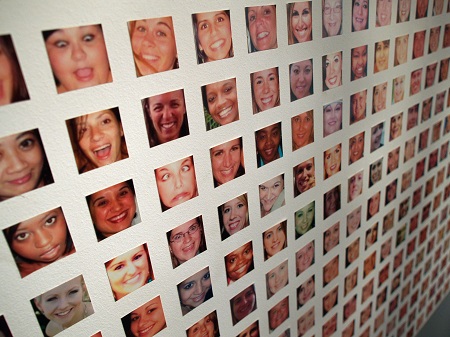 Experts say that detectives have begun cracking cases thanks to the technology that links mug shots with pictures pulled off of various social networking websites. Beyond just social networking sites, the facial recognition unit also combs pictures collected from a vast network of surveillance cameras.
Experts say that detectives have begun cracking cases thanks to the technology that links mug shots with pictures pulled off of various social networking websites. Beyond just social networking sites, the facial recognition unit also combs pictures collected from a vast network of surveillance cameras.
In one recent case, a woman complained about having jewelry stolen by the friend of a friend. She had no idea what the man’s name was, but knew she had seen his picture on Facebook. Police then clicked through the social network until they located the picture of the suspect which they then ran through the facial recognition software, coming up with a mug shot, name and eventually an address.
Police say the new futuristic technology has helped them solve dozens of cases. Now even cases with sketchy information, perhaps even just a nickname, is all they need to snoop around on social media and locate a picture which they can then scan and hopefully find a name.
One good example of how the facial recognition software is being used to solve crimes involves the case of several cab drivers who were held up at gunpoint and robbed in the Bronx. Police said the suspect would call for a ride and then jump in the back seat of the cab and flash a weapon, getting away with large amounts of money. A security camera snapshot from one of the cabs showed the suspect’s face, which was then scanned through the facial recognition software. A match was found in less than an hour, linking the image from the cab to an old mug shot.
 Charlotte Criminal Lawyer Blog
Charlotte Criminal Lawyer Blog


 The state Supreme Court issued a ruling on the matter this week and found that such lab tests can stand on their own if cited by an expert witness offering an independent opinion. Other have argued that this conclusion is incorrect and that a lab test should face the same amount of scrutiny that a person would face and that means the analyst who conducted the test should be required to testify at trial.
The state Supreme Court issued a ruling on the matter this week and found that such lab tests can stand on their own if cited by an expert witness offering an independent opinion. Other have argued that this conclusion is incorrect and that a lab test should face the same amount of scrutiny that a person would face and that means the analyst who conducted the test should be required to testify at trial.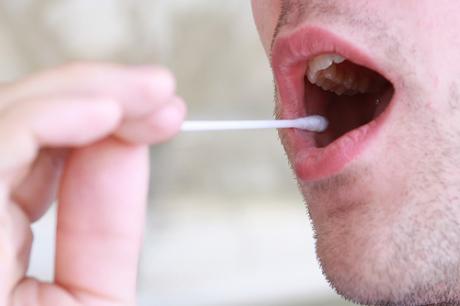
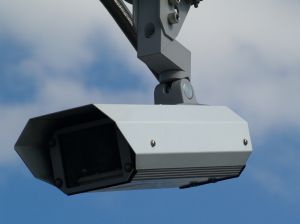 The bill says that drones could not be used to gather criminal evidence or collect data unless there has been a search warrant issued by a judge. Beyond a valid warrant, the only other exception is in cases whether there is a reasonable suspicion that someone’s life is in danger.
The bill says that drones could not be used to gather criminal evidence or collect data unless there has been a search warrant issued by a judge. Beyond a valid warrant, the only other exception is in cases whether there is a reasonable suspicion that someone’s life is in danger.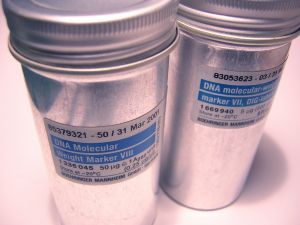
 The state ACLU chapter has released a statement expressing its concern over the increasing use of military equipment and technologies by traditional law enforcement agencies. The group says its goal in filing these public records requests is to make sure that these frightening technologies and tactics are not being deployed without considerable oversight and that citizens’ legal rights are still being upheld.
The state ACLU chapter has released a statement expressing its concern over the increasing use of military equipment and technologies by traditional law enforcement agencies. The group says its goal in filing these public records requests is to make sure that these frightening technologies and tactics are not being deployed without considerable oversight and that citizens’ legal rights are still being upheld.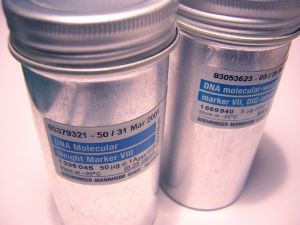 The company involved, DNA:SI Labs, is building a database that is meant to solve petty crimes and property crimes, such as car thefts and home break-ins. Many of these crimes take place across various cities and the hope is that by collecting DNA evidence at several scenes, police officers will be able to link together crimes and have a better chance of catching the perpetrators.
The company involved, DNA:SI Labs, is building a database that is meant to solve petty crimes and property crimes, such as car thefts and home break-ins. Many of these crimes take place across various cities and the hope is that by collecting DNA evidence at several scenes, police officers will be able to link together crimes and have a better chance of catching the perpetrators.